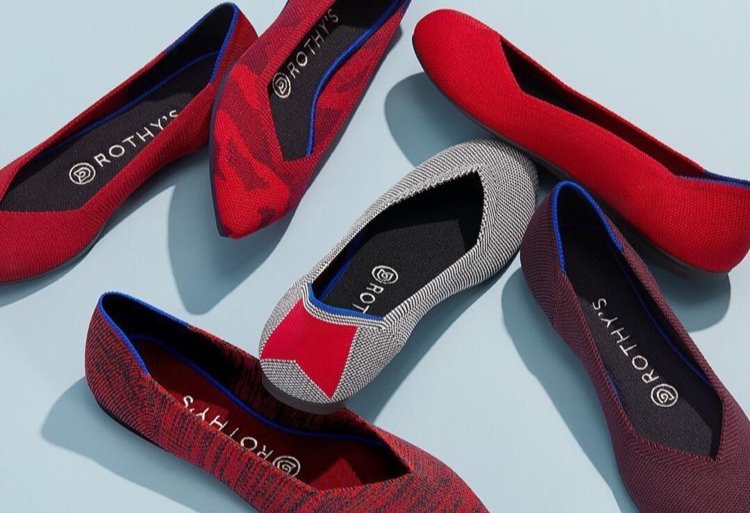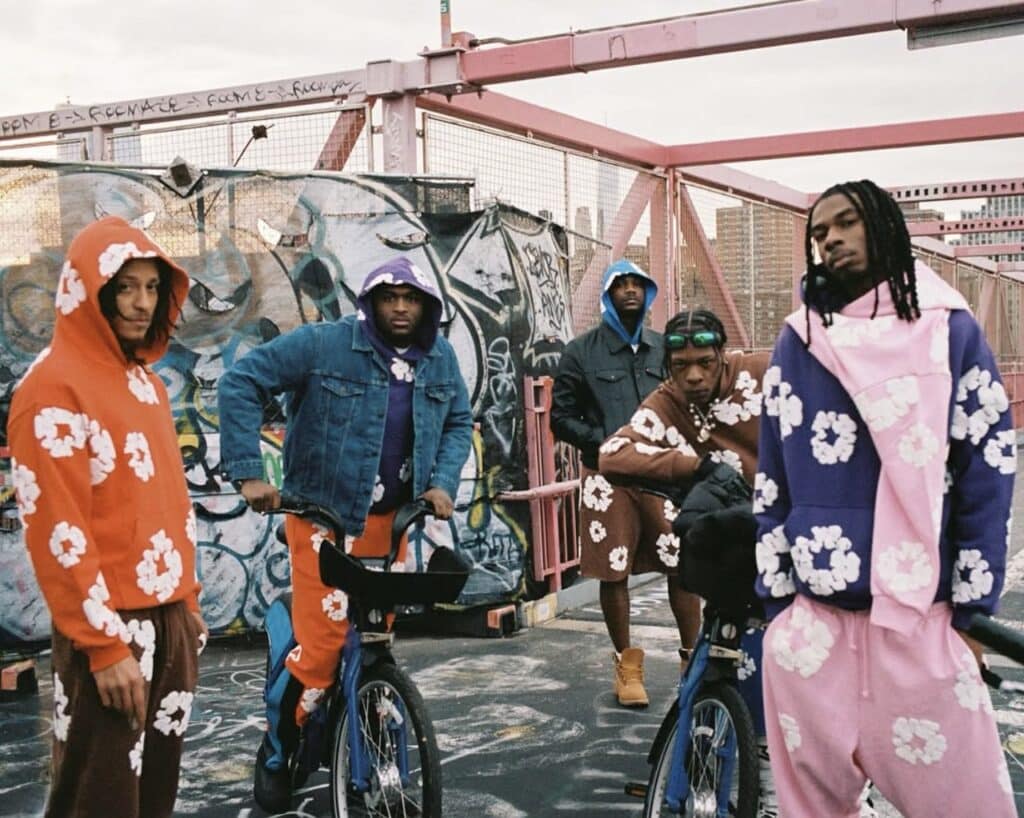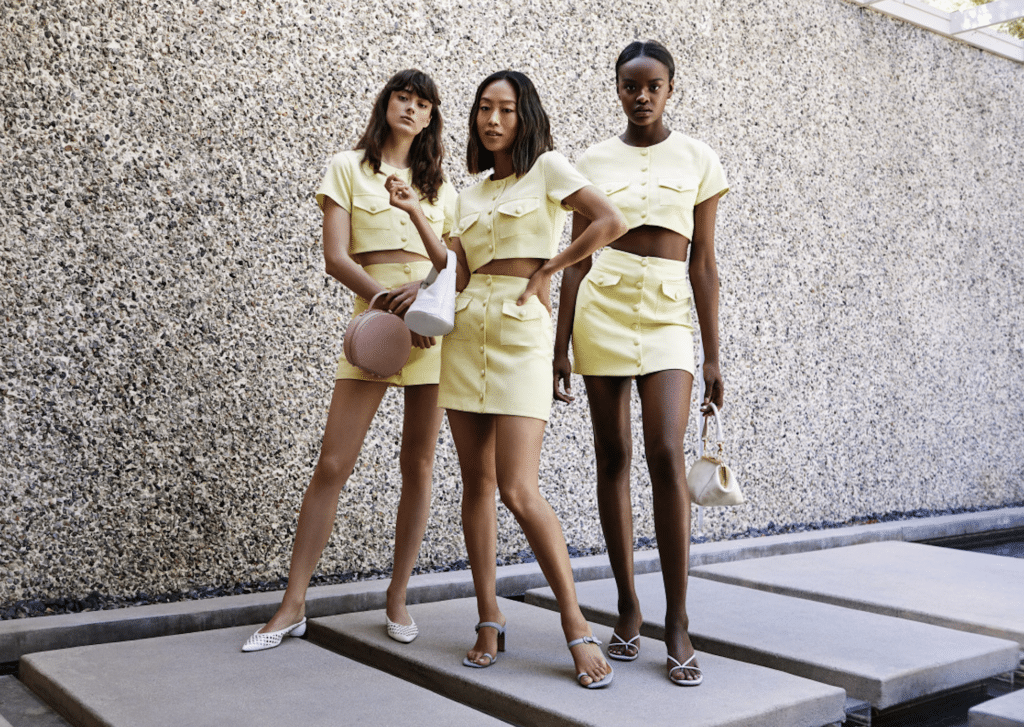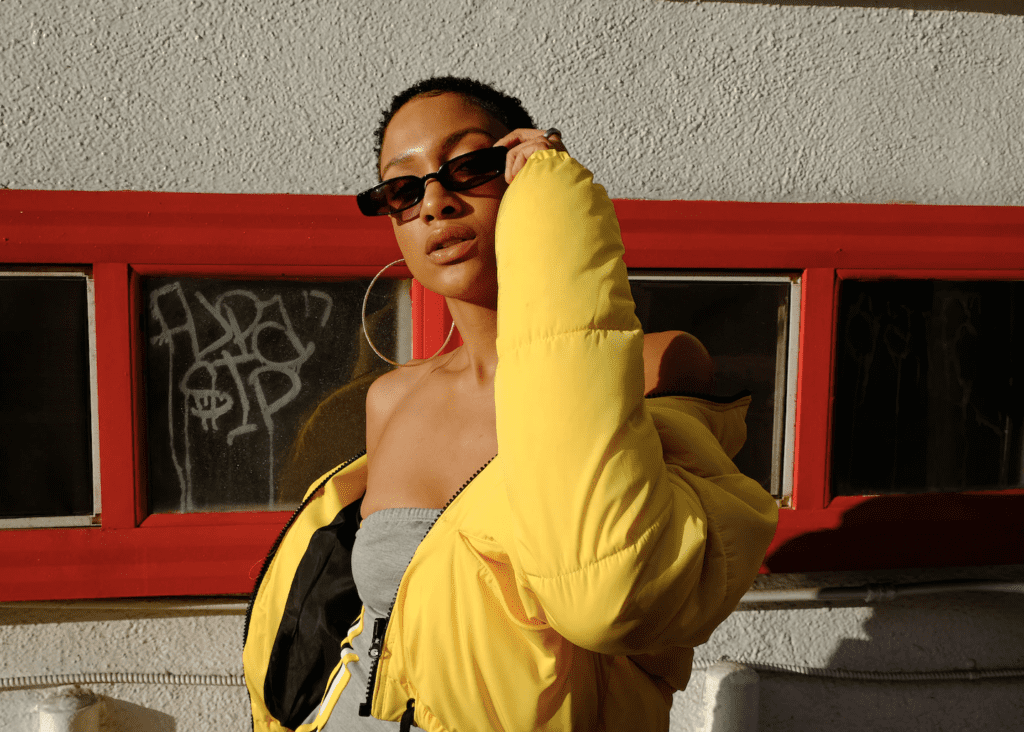Rothy’s shoes might be unassuming but do not let the simple design fool you. The 3-year old, San Francisco-based brand has amassed what CNBC calls “an almost cult-like following” in connection with those very shoes, which range in price from $125 to $165 and are made entirely from used materials like recycled water bottles. Produced using a “proprietary 3D knitting process,” Rothy’s and its ballet flats, loafers, and casual sneakers have caught the eyes of venture funds and Goldman Sachs, the latter of which poured $35 million into the burgeoning young brand last year, bringing its total funding to $42 million over the past few years.
More than winning over Wall Street, Rothy’s has also found devoted fans in consumers, from women in big cities across the map, who have been won over by the comfort of the sheer company’s shoes – its “The Flat” style, in particular – for their morning commutes on foot, to famous fans, such as British royal Meghan Markle, and a Vogue editor or two.
In the short time since gallerist Roth Martin and investment banker Stephen Hawthornthwaite began selling their first products as an online direct-to-consumer brand in December 2015, they have developed “ravenous demand” around their brand. In 2018, alone, Rothy’s sold more than 1 million pairs of shoes, and generated annual revenue of more than $140 million. Now, the buzzy young company is on a path of expansion: the company announced this month that is set to open five retail stores this fall, with more to come in 2020, in a bid to further acquire new customers.
Rothy’s seemingly overnight success story has not been without snags, of course. “Somewhat ironically, one of the biggest threats to Rothy’s ongoing rise — other than fickle shoppers — is companies that are beginning to copy Rothy’s [relatively simple] designs,” TechCrunch noted last year.
The most striking instance to date comes by way of OESH Shoes, the Virginia-based company that is at the center of an ongoing lawsuit that Rothy’s filed.
According to Rothy’s suit, OESH Shoes and its founder Harvard-trained Dr. Casey Kerrigan are on the hook for infringing a handful of design patents and the valuable trade dress – which includes the total image and overall appearance of a product, including the size, shape, color, or color combinations, texture, and graphics – of its “distinctive” ballet flat.
In a lengthy complaint filed in August 2018 in federal court in Virginia, Rothy’s alleges that after “purchasing [its] The Flat product” in March 2018 and “reviewing, researching and copying the product,” Dr. Kerrigan launched a ballet flat-style shoe of her own 3 months later.
The problem? OESH’s product – entitled “The Dream Flat by OESH” – is a dead-ringer for Rothy’s own flat. The Dream Flat has “a shape, design and look that is virtually identical to Rothy’s The Flat product,” the company asserted in its initial filing.
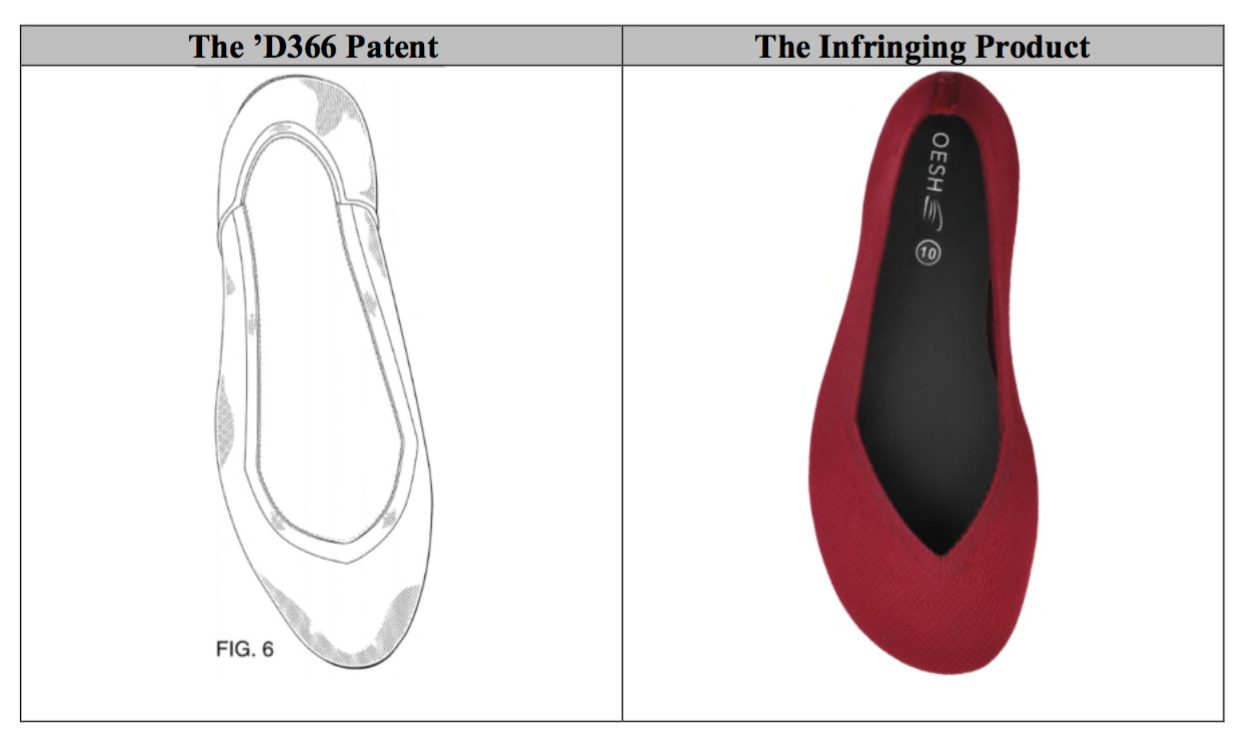
More than merely maintaining a marked resemblance, Rothy’s asserted in its complaint that OESH’s “The Dream Flat product has an overall appearance that is [so] confusingly similar and substantially the same in the eyes of an ordinary observer … that consumers seeing [it] have been and will continue to be confused into thinking that [it] is related to Rothy’s The Flat product.” This is problematic, per Rothy’s, as its flat design is protected by a trade dress registration and not one but 6 different design patents.
With such intellectual property protections in mind, Rothy’s has argued that OESH’s manufacture and sale of the lookalike footwear gives rise to claims of “intentional and willful” design patent and trade dress infringement, unfair competition, and false designation of origin, and is seeking a permanent injunction to bar OESH from selling the lookalike shoes, and damages, including but not limited to profits for the OESH’s unauthorized use of Rothy’s trade dress.
Dr. Kerrigan and OESH responded to Rothy’s complaint, seeking to have some of its rival’s claims dismissed. To be exact, the defendants argued that Rothy’s failed to plead any facts sufficient to establish that Dr. Kerrigan should be held personally liable in addition to the company, itself. Moreover, they asserted that Rothy’s failed to adequately establish that OESH and Dr. Kerrigan are on the hook for trade dress infringement because Rothy’s failed to properly identify what its trade dress consists of.
The court sided with OESH and Dr. Kerrigan in regards to the personal liability claim, but gave Rothy’s the opportunity to amend its complaint to replead its claims against Dr. Kerringan, which it did in an amended complaint in January 2019. As for the trade dress infringement argument, the court sided with Rothy’s holding that the company had, in fact, identified the legally-protected elements, which include, “the signature round toe with a distinctive pointed vamp, seamless 3D knitted upper, slim profile and sleep outsole” of its The Flat and Pointy Loafer styles.
As of earlier this month, the parties had engaged in a settlement conference but were been unable to reach an agreement.
Also under way: a trade dress and design patent infringement lawsuit that Rothy’s has filed against Austrian footwear brand Giesswein Walkwaren, which allegedly ripped off its The Flat shoe. According to Rothy’s complaint, which was filed on June 3 in federal court in Northern California, “Instead of pursuing independent product development, Giesswein has chosen to slavishly copy Rothy’s innovative and distinctive product design, in violation of [its] valuable intellectual property rights, as well blatantly mimicking their distinctive marketing.”
UPDATED (9/20/2019): As first reported by Law360, U. S. District Judge Michael F. Urbanski dismissed the design patent and trade dress infringement suit that Rothy’s filed against OESH Shoes. The close of the case comes immediately after “Rothy’s Inc. and Oesh Shoes told the court they’d reached a deal to resolve allegations that an Oesh design was confusingly similar to Rothy’s ballet-style flats.”
*The cases are Rothy’s Inc. v. JKM Technologies, LLC et al, 3:18-cv-00067 (W.D. Va.) and Rothy’s Inc. v. Giesswein Walkwaren, 3:19-cv-03071 (N.D.Cal).







